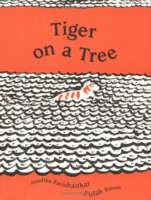
After trapping a tiger in a tree, a group of men must decide what to do with it.
Materials from Asia

After trapping a tiger in a tree, a group of men must decide what to do with it.
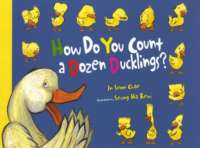
A mama duck with a dozen eggs has to do a lot of counting! Mama counts her ducklings one by one as they hatch, but soon she finds clever new ways to count to twelve–by twos, threes, fours, and sixes! But how many ducklings will it take to trick the hungry wolf who is counting on them for lunch?
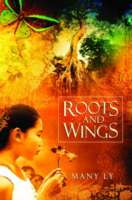
Grace’s grandmother has died, and she and her mother must travel back to the Cambodian community to give her a proper Cambodian funeral. Grace wants to use the trip to solve a few mysteries, like who her father was, why her mother and grandmother moved from St. Petersburg to Pennsylvania, where they’re the only Cambodians Grace has ever seen, and what Cambodian culture is really about. Embraced by her mother’s old friends, Grace feels both at home and lost, fascinated by the traditions she’s never known, but strangely judged by some members of the community.
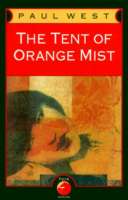
In December 1937 the city of Nanking, China, falls to brutal Japanese invaders, and thus begins a compelling drama of widespread chaos and personal courage. Against a backdrop of burning buildings and random atrocities stands Scald Ibis, the teenage daughter of an eminent scholar, who must transform herself completely in order to survive. With her family gone, she is forced to work as a prostitute in a bordello, changing slowly and painfully from a girl into a woman. Her fortunes improve when a Japanese warlord, Hayashi, takes a fancy to her; but her greatest challenge comes with the sudden appearance of her ailing father, whose inner demons threaten both of their lives.
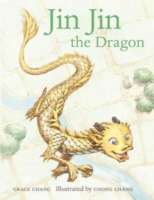
An enchanting story of a dragon that doesn’t know what it is and sets off on a journey of adventure and discovery to find out. Beautifully illustrated in Chinese watercolor, this wonderful read aloud includes information on Chinese dragons (and how they differ from what we usually think of when we think of dragons), Chinese written characters and a picture history of 13 Chinese characters that are central to the story.

Based on a famous Chinese folktale, The Magic Pillow tells the story of a poor boy named Ping who is given a magic pillow by a mysterious magician. Ping sees what a lifetime of wealth and power would be like, and discovers that the riches of family and freedom are much more valuable.

Amber, Jazz, and Geena Dhillon, a.k.a. the Bindi Babes, are three fabulous sisters with a reputation for being the coolest, best-dressed girls at their school. But their classmates don’t know that the sisters miss their mom, who died a year ago. An interfering auntie from India invites herself into their household to cramp their style and soon the sisters’ pushover dad is saying no to designer clothes and expensive sneakers. There’s only one way to be rid of Auntie: marry her off to some unsuspecting guy. Will Amber, Jazz, and Geena find a man who can put up with Auntie before she completely ruins their lives? Or are Auntie’s new rules doomed to make the fabulous Dhillon sisters just average?
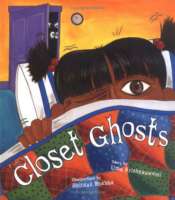
With help from Hanuman, the Hindu monkey god, Anu finds a way to cope with going to a new school, living in a new home, and even dealing with the mischievous ghosts in her closet.
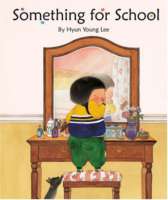
On the first day of kindergarten, a teacher asks the boys and girls to line up, and Yoon lines up with the other girls. But when some children mistake Yoon for a boy because of her short hair, Yoon bursts into tears. At home, Yoon finds a solution. Her sister s special headband is perfect! When she wears it to kindergarten, no one teases or mistakes her for anything but who she is! Yoon has a lovely time with her new friends.But Yoon’s sister has been missing her special headband so when Yoon has to go back to school without it, she s worried all over again. Thankfully, her friends like Yoon exactly the way she is.
See the review at WOW Review, Volume 4, Issue 1

In 1841, Japan had been closed to the outside world for 250 years, and anyone who tried to return to the country after leaving it could be executed. So when the small fishing boat on which 14-year-old Manjiro was working was shipwrecked, he despaired of ever returning to his village. The captain of the American whaling ship that rescued Manjiro took a special interest in him, inviting him to come live in Massachusetts. There, Manjiro was treated like Captain Whitfield’s son, and he began to feel as though Massachusetts was his second home. Still, he never gave up his dream of finding a way to return to Japan and see his mother again. Watercolor illustrations bring to life the true story of a determined and resourceful young man whose intimate knowledge of two cultures later led him to play an important role in the opening of Japan to Western trade and ideas.